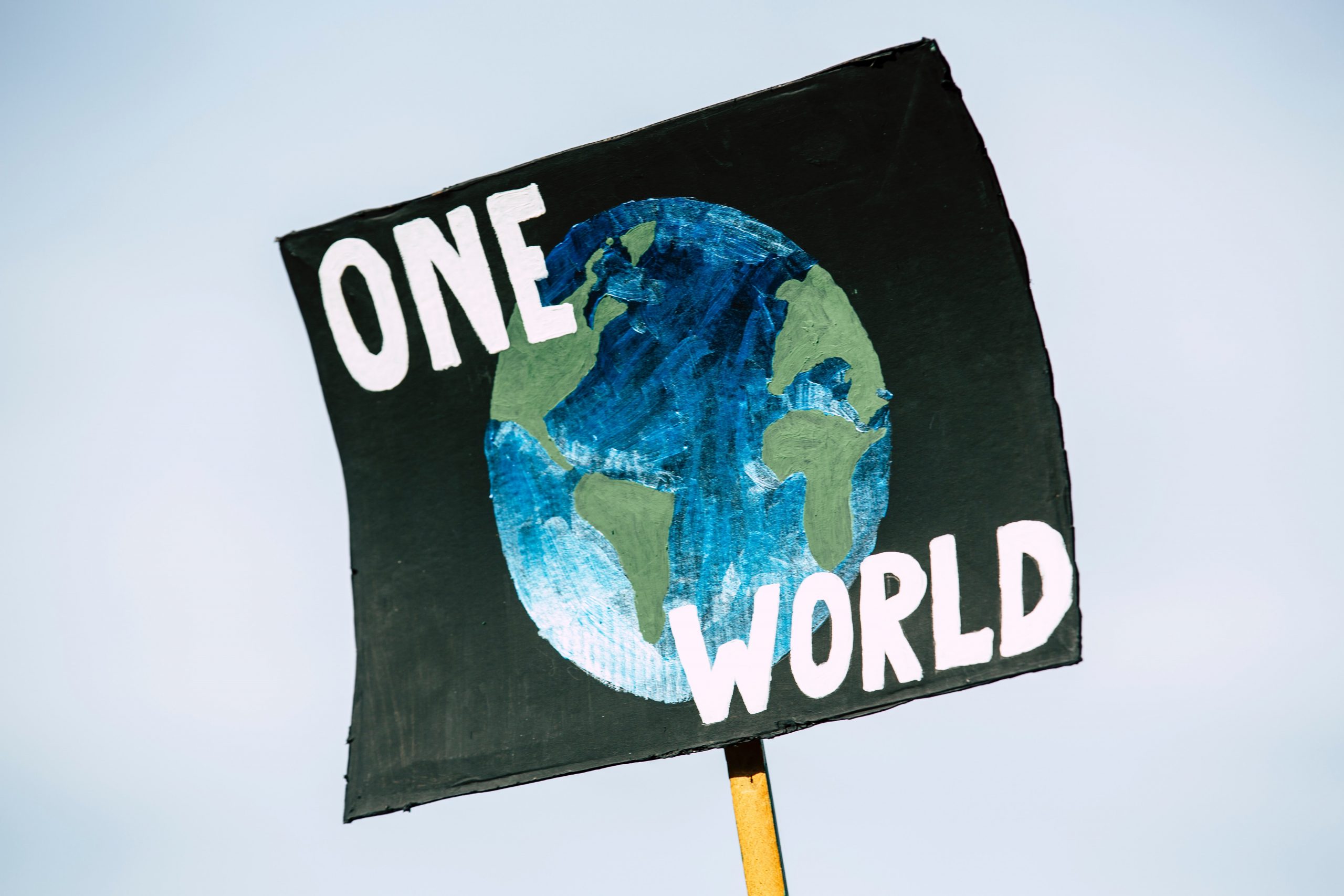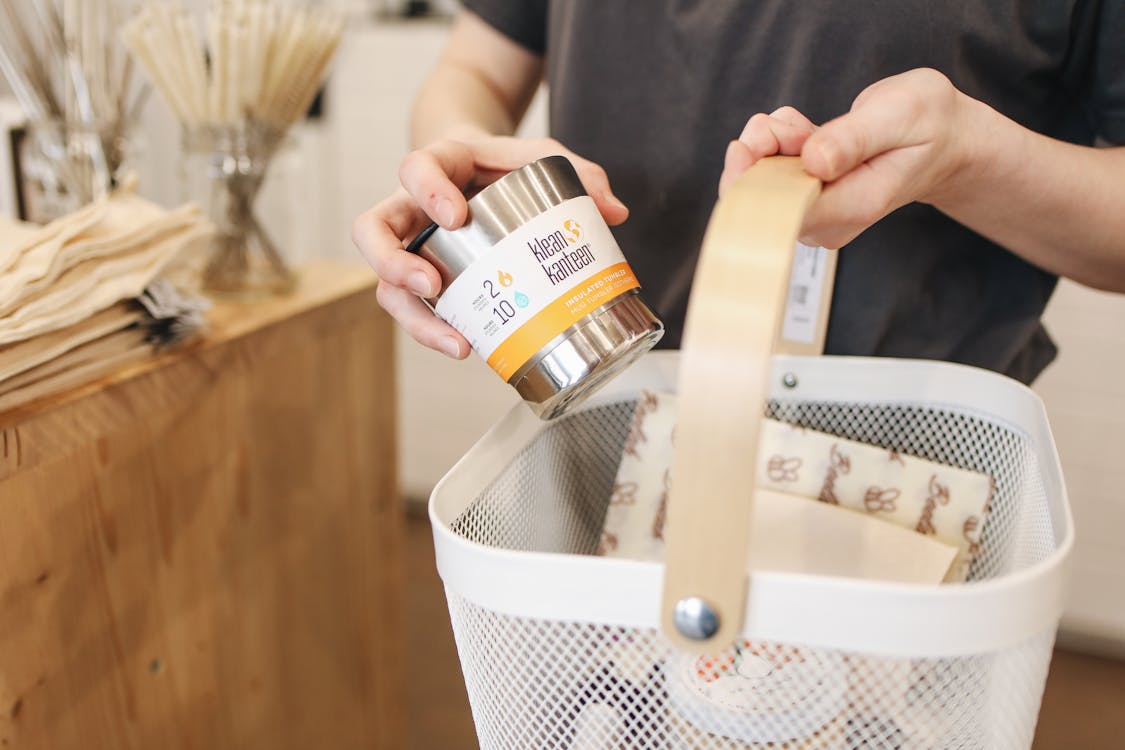Lately, everyone seems to be taking an interest in becoming more eco-friendly. With weird weather and natural disasters on the rise, there’s little doubt pollution and climate change are taking a toll on the planet.
However, no matter where you stand on the current issues, taking steps to become more eco-friendly does more than benefit the earth. Some of the same actions you can take to protect the environment may also safeguard your wallet. There are plenty of ways to live sustainably at a low cost, but some times the eco friendly lifestyle can be expensive. Consider taking surveys for extra cash to invest in green products like a reusable water bottle, bicycle to reduce to your carbon footprint, and solar power gadgets.
The two main areas to focus on are reducing your energy consumption and reducing your household waste. Here are some tips that will help you save the world and save you some cash at the same time.
Why Reduce Your Energy Consumption?
The goal of reducing your usage in this area is to get the same job done using less energy, thereby reducing your dependence on fossil fuels. Fossil fuels put a considerable burden on the environment in the form of greenhouse gasses. But by using less energy, the atmosphere’s carbon dioxide levels are lowered. Reducing your energy consumption can also save you a ton of money.
1. Air Dry Your Clothes
Dryers are convenient and fast, and in today’s busy world, we have come to see them as a necessity. But are they? According to some experts, your dryer uses more energy than any other appliance in your house. Consider putting up a clothesline. Even if you only use it for every other load, you can save yourself a considerable amount each year on laundry costs.
2. Switch Out Your Light Bulbs
This is a tip that is so easy to implement that it’s practically a no-brainer. Switching out your regular lightbulbs to energy-efficient LEDs or CFLs makes sense for your budget and the planet. They last at least ten times as long and use far less energy. Plus, in some places, you can even get a cash rebate or discount on those new bulbs, making them practically free.
3. Insulate Your Pipes and Hot Water Heater
If you live in a cold climate, insulation is one of the best tools you have to stay warm and save money. But did you know you can whittle your heating bill down even lower by insulating your pipes and hot water heater? They won’t have to work as hard to heat your water, and the savings will show on your next electric bill. Check with your electric company as some will even come and do this for you at no charge.
4. Stop Using Paper Towels and Napkins
Cut up old towels and rags to use for cleaning and dedicate a cloth napkin for each family member. This one tip can save you tons of money on paper products each year, and if you pay for garbage services, it will save on your trash bill, too. Wash those rags in cold water and hang them on the line to dry for maximum savings.
5. Reduce the Amount of Waste Your Household Generates
Finally, some of the simplest and most straightforward ways to be more eco-friendly involve reducing waste.
According to a recent survey, the average American produces nearly 450 pounds of waste every year. Those eye-popping totals include 90 pounds of discarded clothing and shoes, nearly 80 pounds of plastic, and almost 80 pounds of cardboard boxes. And while much of that waste is recyclable, other studies have shown that only a small percentage of plastic, glass, and cardboard actually gets recycled.
The rest of that waste ends up in landfills, where it adds to the enormous problem that already exists. With such high numbers, it may seem that the waste problem is insurmountable, but it can be tackled if everyone pitches in. The best part? Most of these ideas can have a significant long-term impact on your budget.
6. Use A Water Filter
Invest in a whole house water filter. If you are tired of lugging cases of bottled water into the house and empty bottles to the trash, why not invest in a whole house water filter? Once the system is in place, you can enjoy an endless supply of delicious and healthy water – no plastic bottles required.
7. Buy a Reusable Water Bottle
If you cannot install a whole house filtration system, you can reduce waste with a quality reusable water bottle. Look for a bottle that is made to last, with BPA-free plastic and quality components.
8. Try Kitchen Composting
Setting up a compost bin is a great way to reduce waste and use all those food scraps, but what if you do not have a lot of space? Enter kitchen composting, a simple and small bin-based system that turns your unwanted vegetable scraps into rich soil for your garden.
9. Buy Used Products To Reduce Packaging
When you buy new stuff, you end up with unwanted piles of packaging, a lot of which goes straight to the trash. Buying used instead eliminates that packaging and saves you money in the process. Plus, shopping at thrift stores, yard sales, and other second-hand sources is a cheap and fun way to find some new treasures and get out in your community.
10. Make Your Own Soft Drinks
If you love fizzy beverages, why not make them at home? Home soda fountains are all the rage, and they are effortless to use. The carbon dioxide tanks are refillable and reusable, and you will never have to buy another plastic bottle or aluminum can again.
11. Sign up for a Bag-at-a-Time Trash Service
If you need a financial incentive to generate less household trash, ask about a bag-at-a-time refuse service. Many municipalities allow residents to buy their bags individually, so the less waste you generate, the more money you save.
12. Go Grocery Shopping in Your Fridge
Food waste is a big problem in the United States, and some studies have shown that nearly one-third of all groceries purchased end up in the trash. That is a lot of food, and money, wasted, but it does not have to be that way. The next time you feel hungry, go grocery shopping in your fridge first, using up leftovers and making creative meals with the ingredients you already have on hand.
13. Buy Clothes Based on Quality and Value, Not Just Price
Fast fashion is a significant contributor to landfill waste, with cheap and disposable garments taking up enormous amounts of space in local dumping grounds. The next time you need a new outfit, look beyond the price tag and choose your garments based on quality construction instead. Your clothes will last longer, and you will save money in the end.
14. Go Shopping With Reusable Cloth Shopping Bags
Many municipalities now charge users for disposable plastic bags. It may not seem like a lot, but at five to ten cents a pop, it can add up over time. From the grocery store to the department store, you can use cloth shopping bags nearly everywhere. The bag’s one-time cost will save you a ton of trash and help you do your part to reduce the solid waste problem.
Closing Thoughts
These are just a few of the many ways you can save the environment and reduce your spending simultaneously. You don’t need to do all of them at once or right away. Easing into new habits can take time, but even following one or two of the suggestions on this list can immediately impact your monthly budget.











